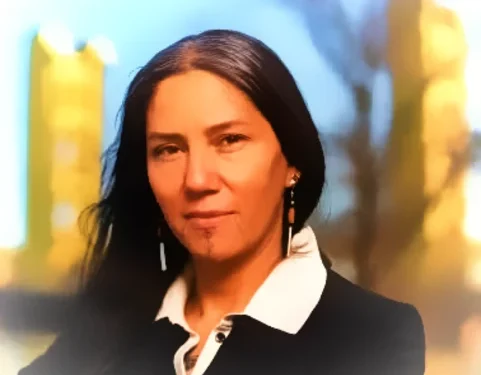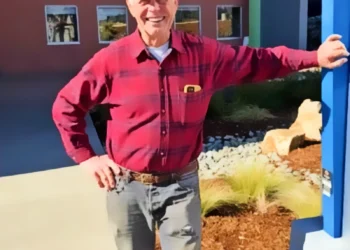By Cris Alarcon, InEDC Writer. (Aug 11, 2025, 2025)
SACRAMENTO, Aug. 11, 2025 (AP) — Tribal leaders and environmental advocates delivered a unified message this summer: legislative trailer bills proposed to fast-track the Delta Conveyance Project, commonly called the “Delta Tunnel,” threaten the Sacramento–San Joaquin Delta’s environmental, cultural and economic fabric.
On July 16, participants in the 2025 Day of Action for Water Justice convened at the State Capitol to urge lawmakers to reject bills that would bypass California Environmental Quality Act (CEQA) reviews and streamline approvals.
“The day-long event started with meetings between Tribal members, environmental advocates and legislators to urge support for ‘equitable, science-based water solutions’… and to reject the financially reckless Delta Conveyance Project,” stated Restore the Delta.
Cultural and ecological toll
Vice Chair Malissa Tayaba of the Shingle Springs Band of Miwok Indians warned the project would “jam a tunnel through the Delta, destroying our ancestral homelands and waterways, or desecrating sacred sites and ancestral remains.” She added, “There is no price tag worth paying” for the unquantifiable harm to tribes and disadvantaged communities.
Gary Mulcahy, Government Liaison for the Winnemem Wintu Tribe, said the tunnel serves only “Big Ag and south-of-the-Delta water agencies,” while imperiling endangered species and cultural resources.
Soaring costs, burdened ratepayers
Advocates referenced a report by the California Water Impact Network (C-WIN) and ECOnorthwest forecasting the project’s cost at $60 to over $100 billion, far exceeding the Department of Water Resources’ $20 billion estimate. The Metropolitan Water District is signaling up to 14% rate hikes for Southern California residents to fund tunnel planning, heightening concerns for working families.
Legislative resistance and alternative options
Speakers called on lawmakers to vote NO on SB 72, YES on AB 362 to protect tribal water use rights, and YES on AB 263 to extend emergency protections for critical salmon-supporting rivers. Pat Hume, chair of the Delta Counties Coalition, urged transparent and robust vetting through the regular legislative process.
Restore the Delta’s Morgen Snyder emphasized public opinion favors “local, sustainable water solutions—not a $100 billion tunnel” and demanded rigorous policy scrutiny.
Why this matters for El Dorado County
Though not situated in the Delta, El Dorado County shares deep ties to regional water health, salmon runs, and cultural heritage. Projects of this scale can ripple outward—impacting tourism, river ecosystems, local fisheries, and long-term water reliability. As legislative decisions unfold, local advocacy, awareness and engagement remain vital.










